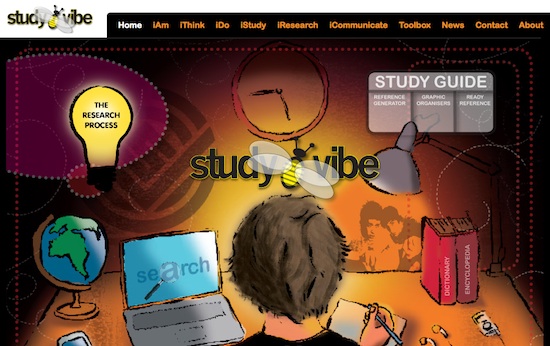Join this site to learn about study skills and share with other students. It is a collaborative learning space targeted at Primary and High School students. Read and share about ‘Learning Styles’, motivation, memory, researching, referencing and much more.

